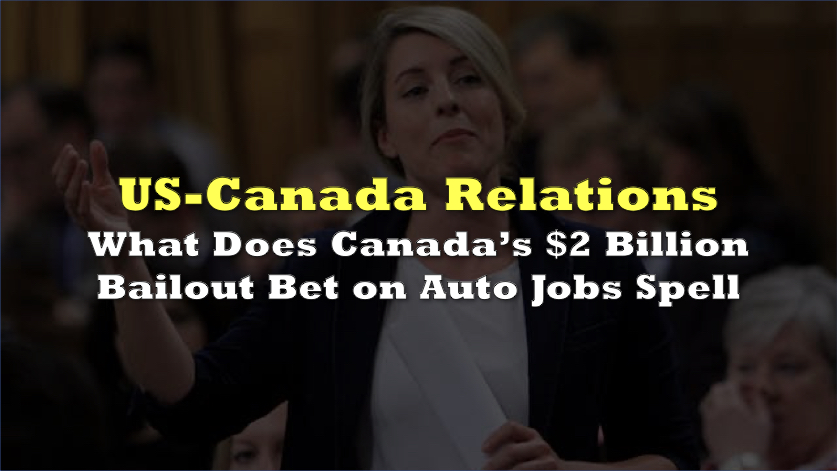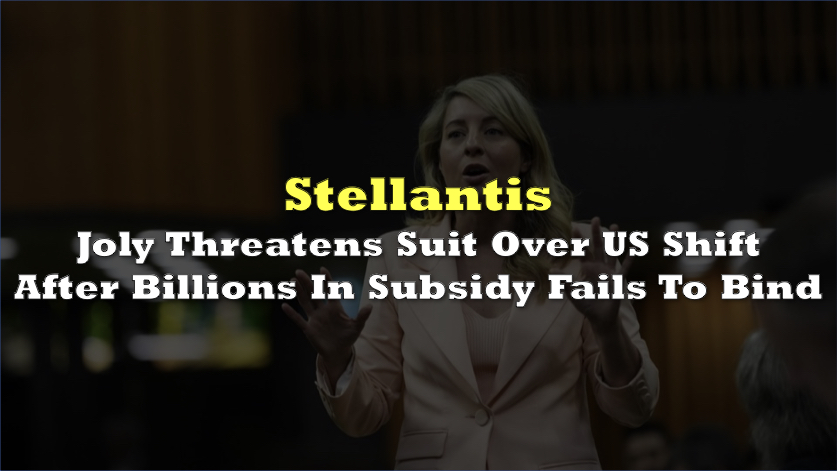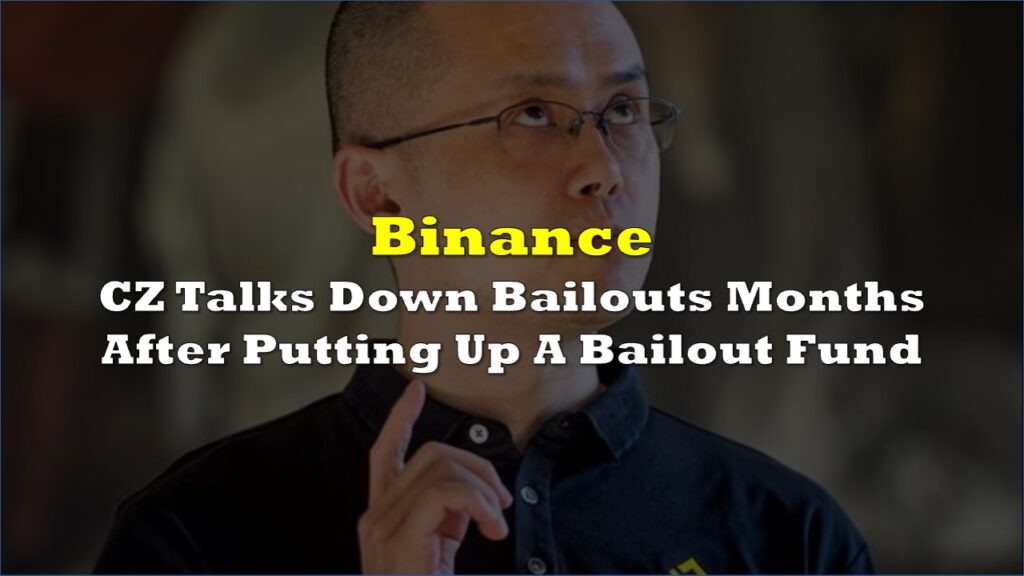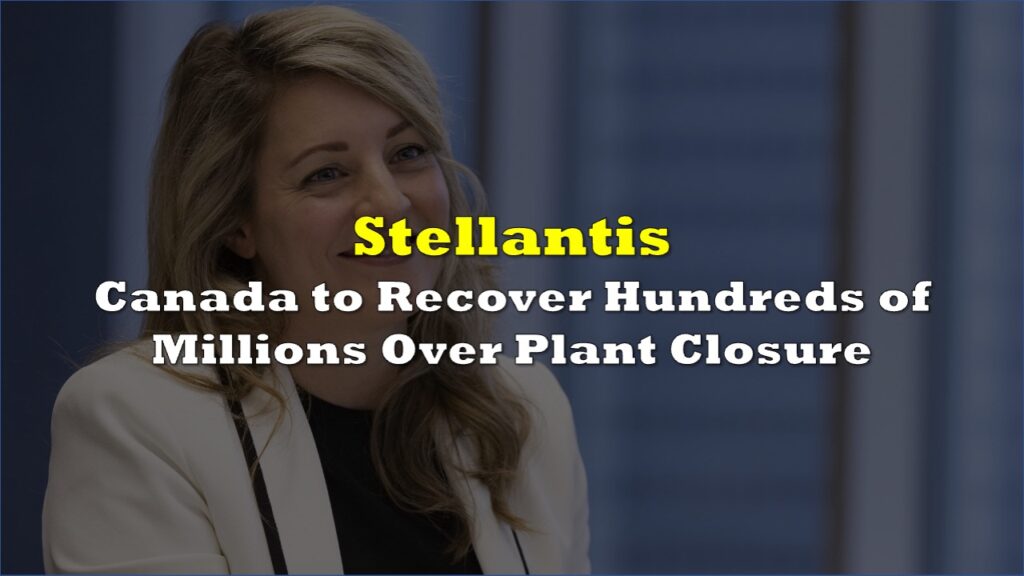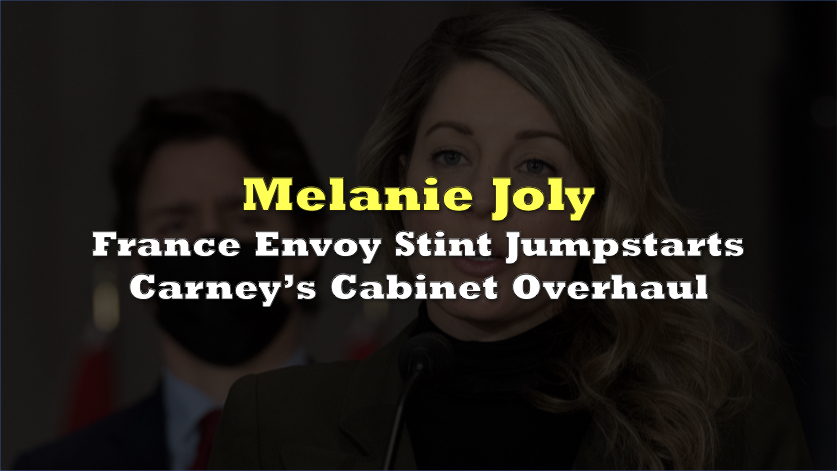Canada’s new Industry Minister Melanie Joly announced a $2 billion support package Tuesday for auto and steel workers, framing the move as urgent protection against economic fallout from an escalating trade dispute with the US.
“This trade war is an economic threat against our country, and we will fight for your jobs,” Joly said in an interview, addressing workers fearing layoffs or reduced shifts. The funds, drawn from tariffs Canada imposed on US goods in retaliation for American levies, aim to stabilize sectors battered by what Joly called “unpredictability coming out from the White House.”
The minister, who spoke with executives at GM, Ford, and Stellantis this week, emphasized collaboration with automakers and provinces. “My goal is to create economic certainty here,” she said, confirming plans to negotiate with Honda’s leadership over a potential $15 billion Ontario battery plant.
Her remarks underscored Ottawa’s strategy: using tariff revenue to counter tariff-driven disruptions.
“We’re in solution mode,” Joly said, pledging to “attract investments and create jobs” despite US trade policy “shenanigans.”
The announcement drew backlash from critics, which accused Ottawa of recycling tariff dollars to mask deeper economic flaws. While Joly positioned the $2 billion as proactive, critics argue it highlights a pattern of crisis-driven spending over long-term planning.
#WATCH: Melanie Joly says it's now her job to protect Canada from USA's economic threat…
— govt.exe is corrupt (@govt_corrupt) May 14, 2025
And will support auto and steel sectors with up to $2B for affected workers. She says she has our backs.
So who is responsible for the poor economic growth over the last decade? pic.twitter.com/1tSySzIDu0
Canada’s auto sector, which sends 75% of its exports to the US, remains acutely vulnerable to Washington’s policies. Joly acknowledged the stakes, stating her shift from diplomacy to economic defense was deliberate: “I wanted to go from the diplomatic front to the economic front of this war.”
Yet her focus on subsidies sidesteps questions about Canada’s delayed diversification efforts. Despite years of US protectionism, including the Inflation Reduction Act’s $370 billion in clean-tech incentives, Ottawa’s counterstrategy remains tethered to tariffs and sector-specific bailouts.
Joly aims to finalize support details “before the end of the week,” but the package’s success hinges on two uncertainties: the trajectory of US-Canada trade relations and public faith in Ottawa’s economic stewardship.
Information for this briefing was found via the sources mentioned. The author has no securities or affiliations related to this organization. Not a recommendation to buy or sell. Always do additional research and consult a professional before purchasing a security. The author holds no licenses.

